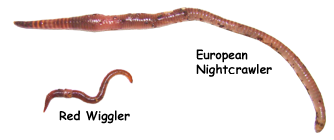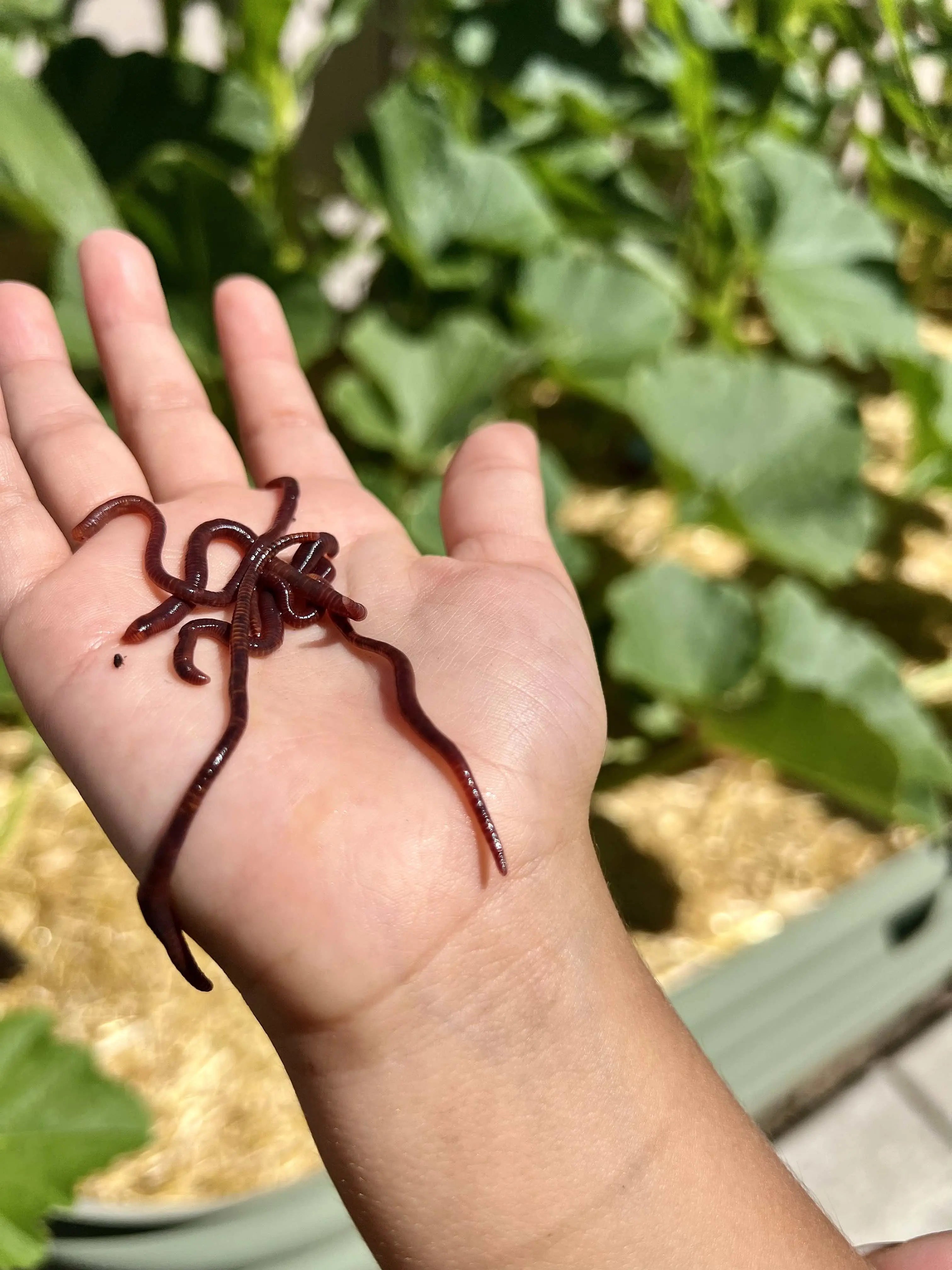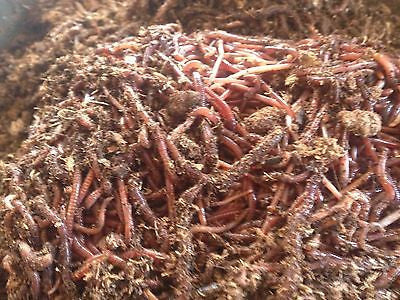Red Wiggler Worms Demystified: Unlocking the Tricks of Vermiculture for Greener Living and Nutrient-Rich Dirt
In the world of lasting techniques for improving soil top quality and advertising eco-conscious living, red wiggler worms play a critical yet frequently overlooked duty. Red Wiggler Worms. Recognizing the intricacies of caring for these worms, optimizing their setting, and harnessing their castings can lead to a greener way of living and much healthier soil for plants to flourish.
The Duty of Red Wiggler Worms
Red Wiggler worms play a crucial role in composting systems by effectively breaking down natural issue right into nutrient-rich castings. These starved eaters take in a range of organic materials, such as kitchen scraps, yard waste, and paper products. As they feed, the worms' digestive processes damage down the natural matter into a fine, dark, and nutrient-dense material known as worm castings or vermicompost.
The castings created by Red Wiggler worms are extremely valuable for dirt health and wellness and plant development. They are abundant in crucial nutrients like nitrogen, phosphorus, and potassium, which are vital for supporting healthy and balanced plant development. In addition, worm castings contain beneficial germs and enzymes that help boost dirt structure, increase water retention, and enhance nutrient uptake by plants.
Benefits of Vermicomposting

It enhances dirt framework, boosts soil aeration, and raises soil wetness retention. Vermicompost likewise enriches the soil with crucial nutrients like phosphorus, nitrogen, and potassium, advertising plant growth and overall dirt fertility.
In addition, vermicomposting supports lasting horticulture techniques by offering a all-natural and chemical-free alternative to synthetic fertilizers. Red Wiggler Worms. This eco-friendly strategy not only enriches the dirt but additionally helps in reducing dependence on dangerous chemicals, promoting a greener and extra sustainable means of horticulture
Setting Up a Worm Container
When establishing a worm container for vermicomposting, correct configuration is critical to make certain the success of the composting process. The initial step in setting up a worm container is picking an appropriate container. This can be a plastic bin or wood box that offers adequate room for the worms to walk around and has proper drainage holes to stop waterlogging. Next off, a bed linens product such as shredded newspaper, cardboard, or coconut coir must be included in the container. This bedding offers a comfortable atmosphere for the worms and assists keep moisture degrees.
After adding the bed linen, present the red wiggler worms to the bin. It is suggested to begin with a handful of worms and progressively enhance as they multiply. The worms ought to after that be supplied with food scraps such as vegetables and fruit peels, coffee grounds, and eggshells. It is necessary to avoid including meat, milk, oily, or salted foods to stop attracting pests and producing undesirable smells.
Regularly check the moisture levels and temperature level in the worm bin to ensure optimum problems for the worms. With proper arrangement and maintenance, the worm container will effectively transform natural waste into nutrient-rich garden compost for your plants and garden.
Collecting Worm Castings
To efficiently gather nutrient-rich worm spreadings from your vermicomposting system, an organized harvesting approach is vital. When it comes time to collect the worm spreadings, there are a couple of key steps to comply with to ensure a successful process.

Troubleshooting Common Issues
Identifying and dealing with usual difficulties that might arise during the vermicomposting procedure is critical for keeping a effective and healthy and balanced worm bin. Including excess food scraps can lead to a buildup of moisture and level of acidity in the worm container, possibly harming the worms. An additional issue is undesirable odors rising from the worm container.
Additionally, if the worm population is declining or the worms appear harmful, it might be due to ecological stress factors such as severe temperature levels or pH levels. Keeping track of these factors and making essential modifications is vital for the health of the worms. By fixing these typical issues without delay, vermicomposters can guarantee a successful and smooth vermicomposting procedure while maintaining a growing anonymous worm population.

Final Thought
In final thought, red wiggler worms play an essential role in vermiculture by damaging down natural matter into nutrient-rich dirt. Setting up a worm bin is necessary for successful vermiculture, and harvesting worm spreadings supplies useful compost for horticulture.
As they feed, the worms' digestive procedures damage down the organic matter right into a fine, dark, and nutrient-dense product understood as worm castings or vermicompost.
The castings produced by Red Wiggler worms are highly beneficial for dirt wellness and plant growth. Including excess food scraps can lead to a build-up of dampness and level of acidity in the worm container, possibly harming the worms.Furthermore, if the worm population is decreasing this article or the worms appear unhealthy, it might be due to environmental stressors such as severe temperatures or pH levels. Establishing up a worm bin is important for effective vermiculture, and harvesting worm spreadings offers beneficial compost for gardening.